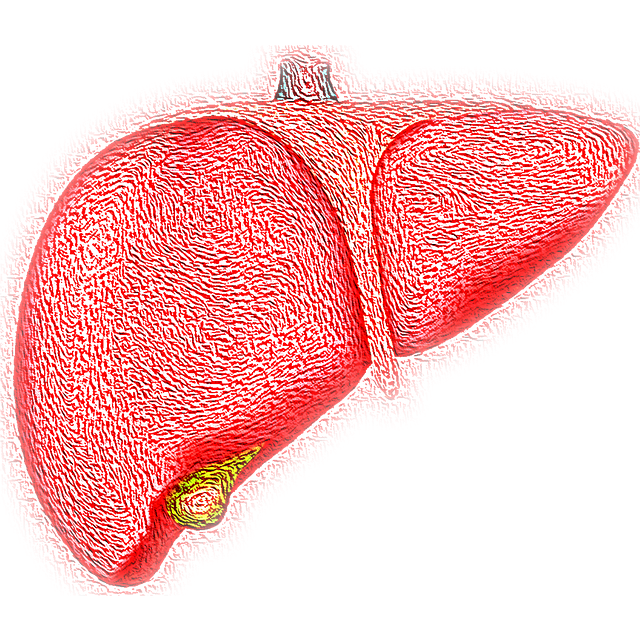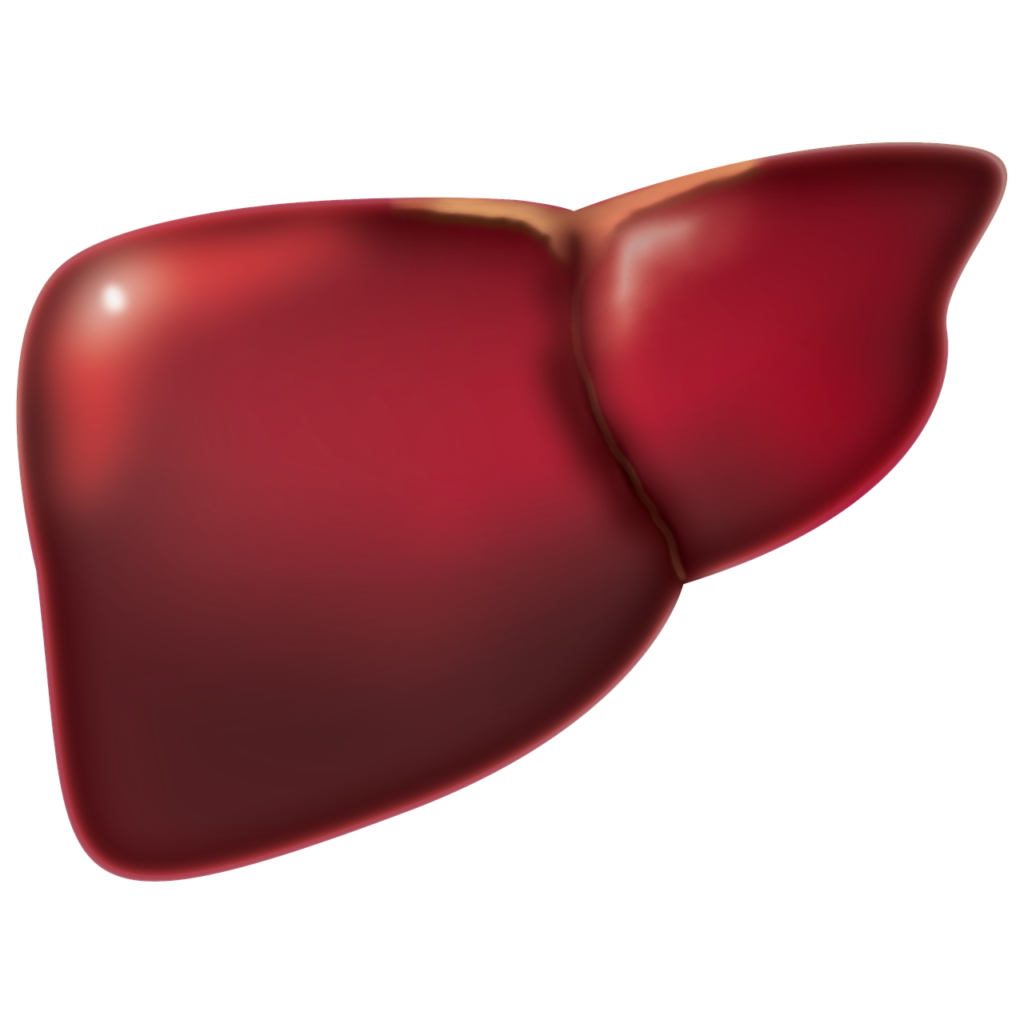
Are you concerned about your liver health? Have you been diagnosed with fatty liver disease? If so, you may be wondering if there is any hope for reversing this condition. The good news is that in many cases, fatty liver disease is indeed reversible.
What is Fatty Liver?
Fatty liver disease, also known as hepatic steatosis, occurs when fat accumulates in the liver, leading to inflammation and potential damage. The liver plays a crucial role in filtering toxins from the blood, producing bile, and storing vitamins and minerals. However, excessive fat deposition can interfere with its normal function, leading to health problems.
Causes of Fatty Liver
Fatty liver disease is commonly associated with lifestyle factors such as poor diet, obesity, and excessive alcohol consumption. Consuming a diet high in processed foods, saturated fats, and sugary beverages can contribute to fat accumulation in the liver. Obesity, especially abdominal obesity, increases the risk of fatty liver disease. Alcohol is another significant factor, as it can cause inflammation and damage to the liver cells.
Symptoms of Fatty Liver
In its early stages, fatty liver disease may not cause noticeable symptoms. However, as the condition progresses, you may experience fatigue, weakness, and pain in the upper right abdomen. Additional symptoms may include weight loss, jaundice, and swelling in the legs and abdomen. It is important to note that these symptoms can also be associated with other liver conditions, so it’s crucial to consult with a healthcare professional for an accurate diagnosis.
Diagnosing Fatty Liver
If you suspect you may have fatty liver disease, your healthcare professional can perform several tests to confirm the diagnosis. Blood tests can assess liver function and check for elevated liver enzymes, indicating liver inflammation. Imaging tests, such as ultrasound, CT scan, or MRI, can provide a visual assessment of fat accumulation in the liver. In some cases, a liver biopsy may be necessary to determine the extent of liver damage.
Complications
While fatty liver disease itself may not cause significant harm, it can progress to more serious conditions if left untreated. One potential complication is liver fibrosis, which occurs when the liver tries to repair itself and forms scar tissue. If the underlying cause of fatty liver disease persists, the scarring can progress to cirrhosis, a condition characterized by extensive liver damage and impaired function. Cirrhosis can lead to complications such as liver failure, portal hypertension, and an increased risk of liver cancer.
Can Fatty Liver Be Reversed?
The question on everyone’s mind is whether fatty liver disease can be reversed. The answer is often yes, especially if the condition is detected early and appropriate measures are taken. Fatty liver disease is reversible, but it requires commitment to making positive changes to your lifestyle.
Lifestyle Changes For Reversing Fatty Liver

The key to reversing fatty liver disease lies in adopting a healthier lifestyle. Here are some essential lifestyle changes that can make a significant difference:
Diet
A healthy eating plan is crucial for reversing fatty liver disease. Focus on consuming whole foods, such as fruits, vegetables, lean proteins, and whole grains. Limit your intake of processed foods, saturated fats, and added sugars. Include foods that are rich in antioxidants and anti-inflammatory properties, such as berries, leafy greens, and fatty fish. Additionally, avoid or minimize alcohol consumption, as it can worsen liver inflammation and damage.
Exercise
Regular physical activity is vital for liver health and overall well-being. Engage in moderate-intensity exercises, such as brisk walking, cycling, or swimming, for at least 150 minutes per week. Exercise helps in weight loss, improves insulin sensitivity, and reduces liver fat accumulation. It also provides numerous other health benefits, such as reducing the risk of cardiovascular diseases and improving mental health.
Weight loss
If you are overweight or obese, losing weight can significantly improve fatty liver disease. Aim for gradual weight loss through a combination of a healthy diet and regular exercise. Losing just 5-10% of your body weight can significantly reduce liver fat and improve liver function. However, it’s essential to consult with a healthcare professional or a registered dietitian for personalized guidance and support.
Diet and Exercise
A well-balanced diet and regular exercise routine play a crucial role in reversing fatty liver disease. Here are some specific recommendations to consider:
Macronutrients
Focus on consuming adequate amounts of macronutrients while maintaining a calorie deficit for weight loss. Include lean proteins, such as chicken, fish, tofu, and legumes, to support muscle growth and repair. Opt for complex carbohydrates, such as whole grains, fruits, and vegetables, to provide sustained energy and essential nutrients. Incorporate healthy fats, such as avocados, nuts, and olive oil, in moderate amounts to support overall health.
Micronutrients
Ensure you’re getting sufficient vitamins and minerals to support liver health. Vitamin E, found in foods like nuts, seeds, and leafy greens, has antioxidant properties that can protect the liver from damage. Foods rich in vitamin C, such as citrus fruits and bell peppers, can also support liver health. Additionally, include foods high in B vitamins, such as whole grains, legumes, and leafy greens, to support liver function.
Hydration
Stay adequately hydrated by drinking plenty of water throughout the day. Water helps flush toxins from the body and supports optimal liver function. Limit your intake of sugary beverages and opt for water, herbal teas, or infused water instead.
Exercise routine
Incorporate a variety of exercises into your routine to promote overall fitness and fat loss. Include cardiovascular exercises, such as jogging, cycling, or dancing, to burn calories and improve heart health. Strength training exercises, such as weightlifting or bodyweight exercises, can help build lean muscle mass and boost metabolism. Additionally, consider incorporating flexibility exercises, such as yoga or Pilates, to improve overall flexibility and reduce stress.
Medical Treatments
In addition to lifestyle changes, there are certain medical treatments that can assist in reversing fatty liver disease. These treatments are typically recommended for individuals with more advanced stages of the disease or those who do not respond to lifestyle modifications alone. Here are some common medical treatments for fatty liver:
Medications
Certain medications may be prescribed to help manage fatty liver disease. These medications may include:
Antioxidants: Antioxidant supplements, such as vitamin E or selenium, may be prescribed to reduce oxidative stress and inflammation in the liver.
Insulin-sensitizing agents: Medications like metformin or thiazolidinediones may be prescribed to improve insulin sensitivity, which can help reduce liver fat accumulation.
Lipid-lowering drugs: If high cholesterol or triglyceride levels are contributing to fatty liver disease, medications such as statins or fibrates may be prescribed to manage these lipid abnormalities.
Bariatric surgery
In cases of severe obesity and fatty liver disease, bariatric surgery may be considered. This surgical procedure can help with significant weight loss, which can lead to a reduction in liver fat and improvement in liver function. Bariatric surgery is usually advised for individuals with a body mass index (BMI) above a specific threshold and those who have not attained substantial weight loss through other means.
Is Fatty Liver Reversible?Conclusion.
In conclusion, fatty liver disease is a reversible condition in many cases. By adopting a healthy eating plan, exercising regularly, and avoiding alcohol, you can start the process of liver repair. Weight loss, if necessary, can also reduce fat accumulation in the liver. Early intervention and lifestyle changes are key to preventing or even reversing the progression of fatty liver disease. If you have concerns about your liver health, it’s important to consult with a healthcare professional for an accurate diagnosis and personalized treatment plan. Remember, with the right approach and lifestyle changes, you can take control of your fatty liver and pave the way for a healthier future.